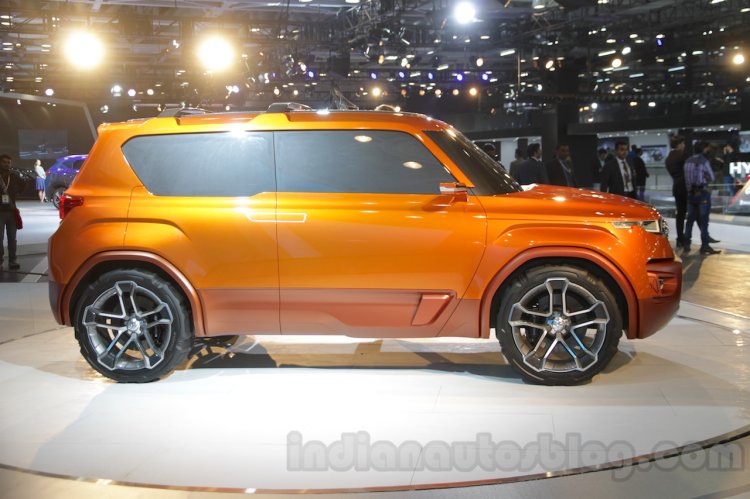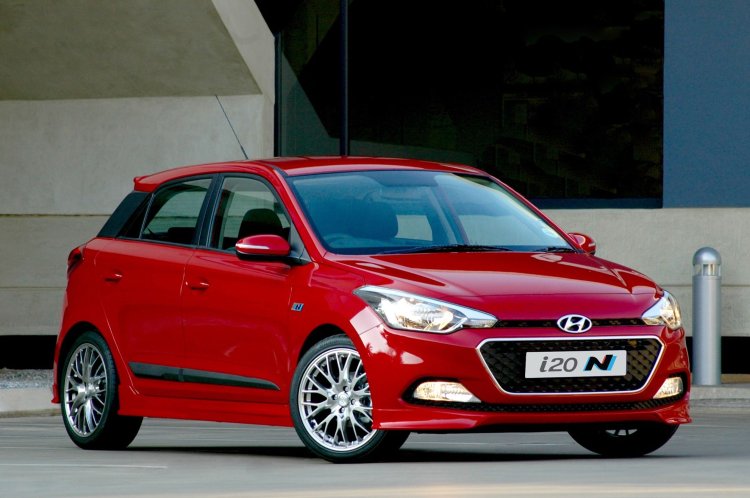Early 2019 will see Hyundai Motor India Ltd (HMIL) enter the highly competitive sub-4 meter SUV with the QXi (codename) SUV, which will also see the debut of Hyundai's first turbocharged petrol engine for the Indian market. The engine in question is a 1.0-liter T-GDI three-cylinder unit with an expected power output of 118 hp.

HMIL will not limit this engine to the QXi SUV; the next generation Hyundai i20 which is due in 2020, is also expected to offer this unit. It has many reasons for this, chief among which are the BS6 capability of this engine, and local manufacturing. In the price conscious sub-4 meter SUV segment, it cannot afford to import a petrol engine, and local sourcing/manufacturing is the only way to keep costs in check. However, a locally manufactured, modern engine for just one product does not make a viable business case; the company has to balance economies of scale by offering it on other products.
Another reason to introduce this engine on the new i20 is to answer the competition. The Maruti Baleno already offers the BoosterJet 1.0-liter turbocharged petrol engine in the RS spec, and the upcoming Tata X451 (codename) will also get a 1.2-liter Revotron turbo-petrol unit. Further, VW India has announced that it will manufacture its 1.0-liter TSI in India as it will be offered on all its locally made cars and SUVs.

Also read: EV variants of Hyundai compact SUV and sedan under study for India - Report
HMIL could explore offering a sportier i20 for Indian hot-hatch enthusiasts with the next-gen model. The company already exports a 1.4-liter i20 N Sport to the South African market, but owing to small car regulation in the domestic market, it is constrained to using the 1.2-liter Kappa engine, which is more tuned towards fuel efficiency. The 1.0-liter T-GDI should give HMIL the balance between performance and economy.





















